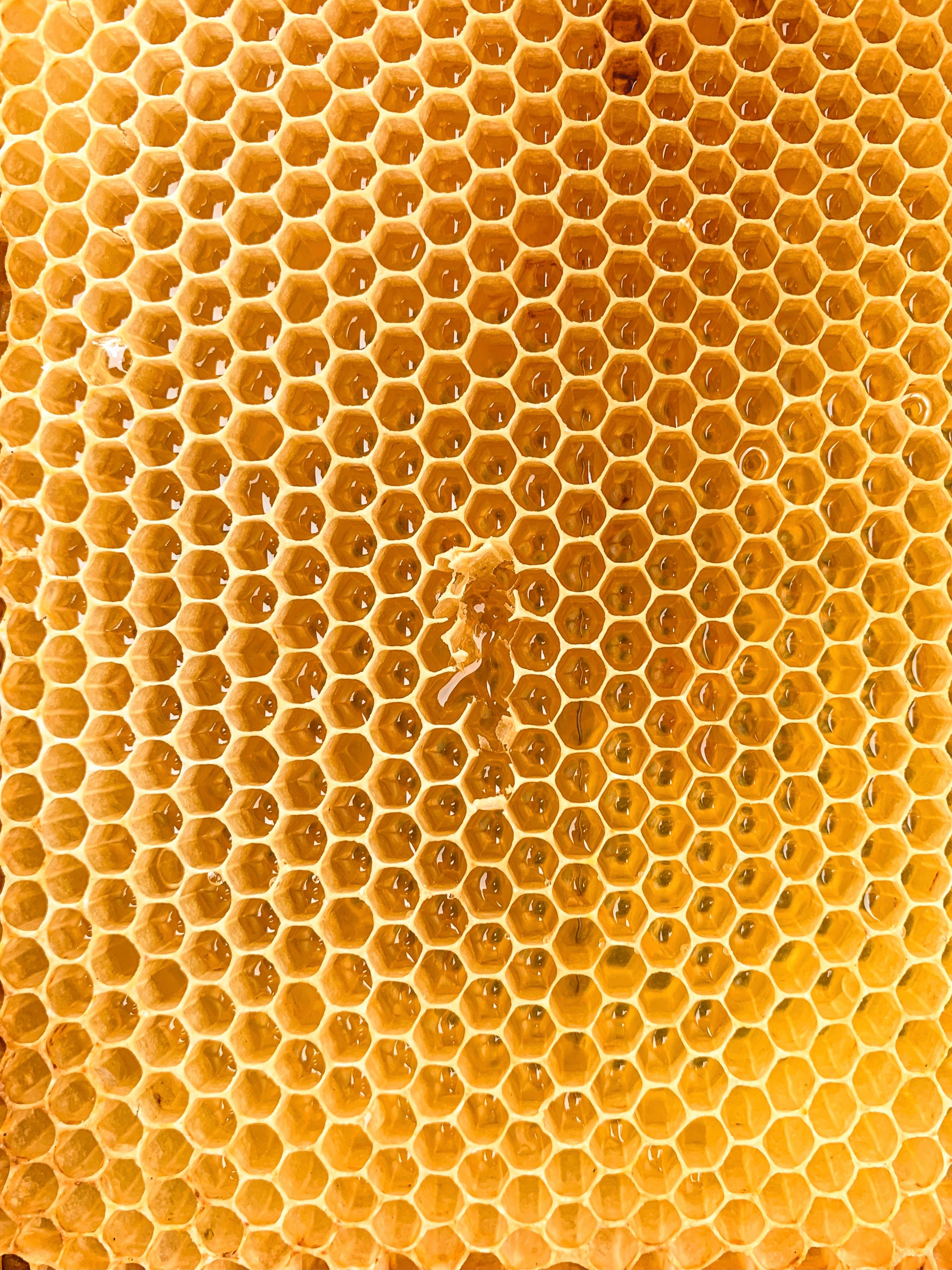How Life thrives amidst change and turmoil.
Integrity 1: Introduction
The Integrity of Life on earth.

Integrity 2: Mobile Integrity
Moving through Life with Integrity.

Integrity 3: Emotional Integrity
Understanding and managing emotions.

Integrity 4: Immune Integrity
The immune system and navigating Life.

Integrity 5: Deep Integrity
Intelligence and the future of civilization.


